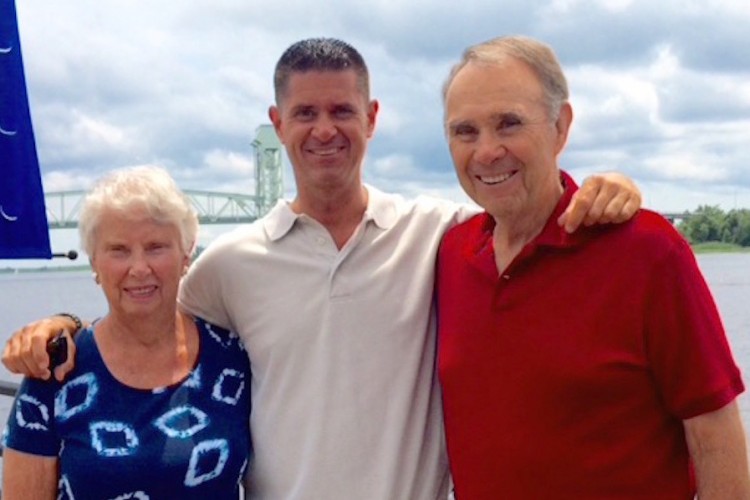Why It Was Hard to Ask for Help While Living With My Disorder
I have lived with dystonia for 15 years. For more than half of those years, I had a hard time asking for help. My ego stood in the way. I was certainly helped by my loved ones, but it came with guilt until I put myself in their shoes. They wanted to help. They just didn’t know how, and I didn’t know how to ask because I struggled with the reality that I had limitations.
One time I had to fly across the country to go to a clinic because my symptoms were severe. My parents wanted to get me a wheelchair to use in the airports, but just the idea of that was beyond shocking. Me, a former competitive athlete in numerous sports and a well-seasoned traveler, needing a wheelchair? Never! Boy, was that silly. Turns out I needed more than a wheelchair, but because of my ego, I faced more challenges than I had to.
I felt guilty for having a condition like dystonia. It caused me to experience negative feelings about myself. I felt a sense of helplessness and unworthiness, which led to isolation. Sharing my feelings with others helped to break this isolation. Communicating about how I felt was vital to release my shame.
I also didn’t ask for help because I felt like a burden to others. But most people want to help. They often just don’t know how to help. This is where clear communication is vital. Let others know what we need and also let them know we’re here for them as well.
When I finally realized it was OK to ask for and accept help, those around me began to change. Life became much lighter for all of us. I learned asking for help and relying on other people doesn’t indicate weakness or failure. It’s a sign of strength. It takes courage to admit we need help, especially when we’re so used to an active, fully functional life.
We’re also not the only ones who live with dystonia. Our friends and family experience pain, too, as they sit by feeling helpless, watching their loved ones face challenges. This can put a lot of stress on friendships, marriages and other relationships to the point they can be dramatically altered or even end. Plenty of people have left my life because of dystonia. As much as we want to be understood by others, others want to be understood by us just as much. Please be sure to give your loved ones the opportunity to share what they’re experiencing.
While some relationships have ended because of the life changes associated with dystonia, many new ones can begin and some existing one can become stronger. It’s all a matter of how we deal with it individually and collectively. We need to listen just as much as we talk, if not more. An open-door policy with any challenge in our lives is the best way for us to help one another and strengthen our relationships.
Some people have a strong desire to fix us. When they realize they’re unable to, some will retreat and then less of our needs are met. It’s our responsibility to let our spouses, parents, kids, siblings and friends know that it’s OK they can’t fix us and we don’t expect them to.
We need people to listen to us without trying to fix or change us. We need to feel they’re there for us, and the best way they can do that is to just listen, open their arms and hearts and simply acknowledge our feelings, not change our feelings. Acknowledge our feelings to let us know we matter and what we feel matters.
It’s important for us to understand the people we seek all these things from may also need the same things from us. I think it’s more difficult to watch a loved one in pain knowing we can’t take any of it away than being the one experiencing the pain. Please keep this in mind when you judge how others handle your situation, remembering it’s also very hard on them. Support is a two-way street.
Many helping hands are there for us. We just need to reach out. To feel comfortable allowing others to help us, we have to overcome the fact we sometimes need help. All people do in one way or another.
September is Dystonia Awareness Month. To learn more about this neurological movement disorder, contact the Dystonia Medical Research Foundation. To sign the White House petition to have September formally recognized as Dystonia Awareness month, click here.

